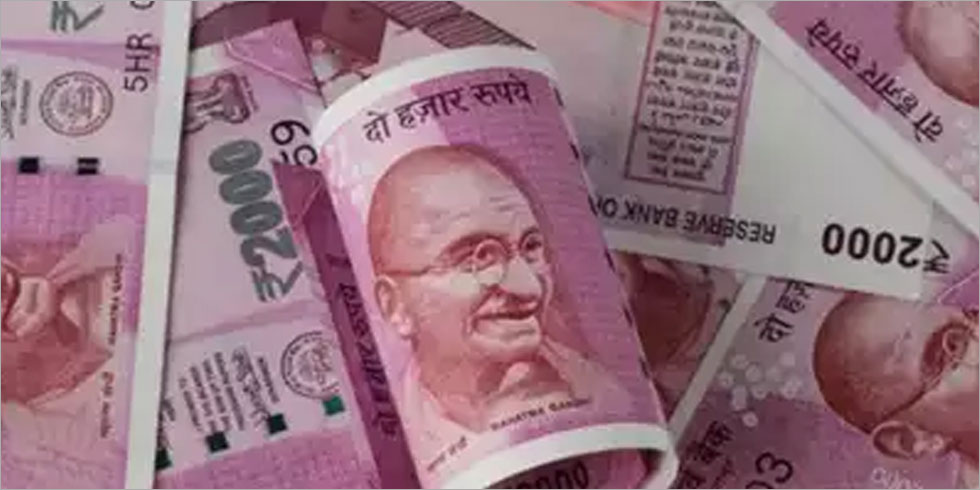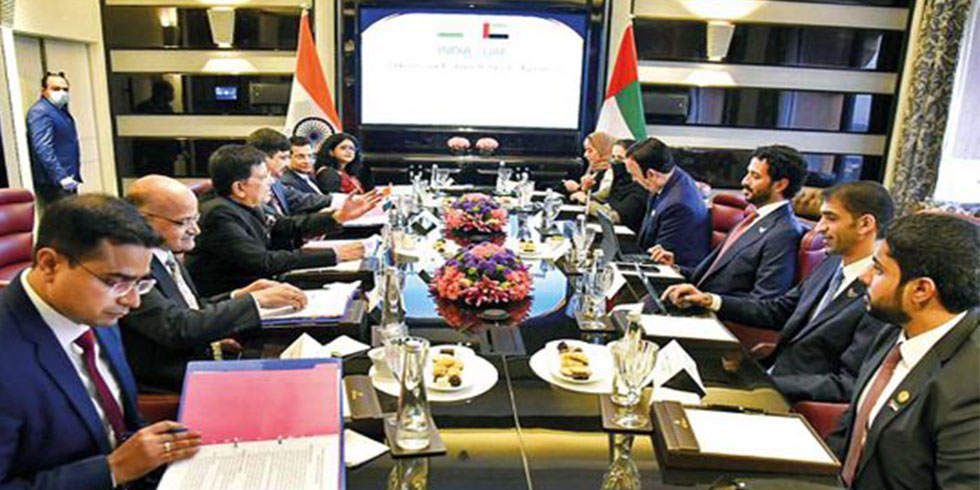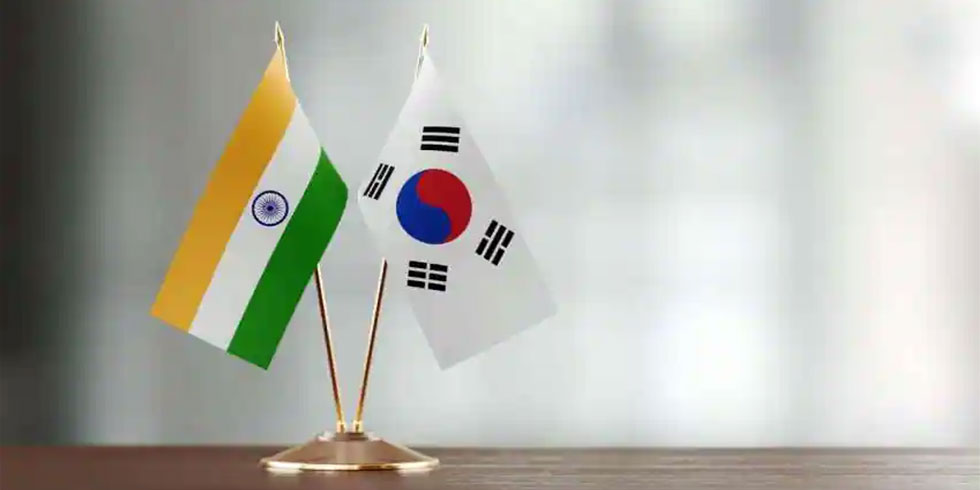MUMBAI: The Reserve Bank of India's inter-departmental group constituted to look at the internationalisation of the rupee has suggested that in an increasingly polarised world, India should explore alternatives to the US dollar and the euro as strong forex reserves are not a sufficient defence against economic sanctions.
The group has proposed a host of measures to increase the acceptance of the rupee outside Indian borders. One of the short-term recommendations is to allow foreigners to hold rupee accounts in overseas branches. It has also recommended round-the-clock trading in the currency market and increasing the use of united payments interface (UPI) for cross-border payments.
'Standardise ₹ trading with partner nations'
Among the long-term measures, the working group has suggested that the rupee should be part of the International Monetary Fund's special drawing rights (SDRs) - an alternative to holding dollar reserves and currently reflect the value of the dollar, euro, renminbi, yen and British pound.
"While the Asian crisis of 1997-1998 underscored the necessity of emerging market economies having strong foreign exchange reserves to manage external shocks, in an increasingly polarised world, it no longer seems sufficient defence against the threat of economic sanctions. The IDG, therefore, feels that it is imperative for India to continue exploring alternatives to both the USD and the euro," the group chaired by Radha Shyam Ratho said in its report.
Earlier, RBI deputy governor T Rabi Sankar argued in favour of internationalising the rupee as this would protect India from currency volatility and reduce the cost of doing business. It would also reduce the need for holding foreign exchange reserves. He had also said that the use of the rupee would add to the bargaining power of India and make the country less vulnerable to external shocks.
According to the panel, some of the measures that can be taken in the next two years include standardising a template for conducting trade in rupees through bilateral and multilateral trade agreements with partner countries. The panel has said that trade settlement using rupees could be done using existing bilateral and multilateral payment and settlement mechanisms to promote rupee as an additional settlement currency.














Add Comment